The Reserve Bank of India (RBI), India’s central bank, will start the first retail pilot testing of its Central Bank Digital Currency (CBDC), also known as the digital rupee, on December 1, 2022. The pilot will be participated by eight banks and will initially cover four cities with plans to later expand the coverage to nine more cities.
The "first pilot for retail digital rupee" will commence on December 1st, according to a statement released on Tuesday by the Reserve Bank of India (RBI). The retail pilot testing follows the RBI's wholesale central bank digital currency (CBDC) trial, which started on November 1, Bitcoin.com reported.
The first phase of the retail digital currency experiment will involve four banks including the State Bank of India, ICICI Bank, Yes Bank, and IDFC First Bank, and will cover four cities. The second phase will be participated by another set of four banks including the Bank of Baroda, Union Bank of India, HDFC Bank, and Kotak Mahindra Bank.
“The pilot would initially cover four cities, viz., Mumbai, New Delhi, Bengaluru, and Bhubaneswar, and later extend to Ahmedabad, Gangtok, Guwahati, Hyderabad, Indore, Kochi, Lucknow, Patna, and Shimla,” the RBI announced the coverage of the pilot. “The scope of [the] pilot may be expanded gradually to include more banks, users, and locations as needed.”
The central bank stated that the digital rupee will be distributed through intermediaries like banks and will be produced in the same denominations as present paper money and coins.
“Users will be able to transact with e₹-R through a digital wallet offered by the participating banks and stored on mobile phones/devices,” the RBI added. Transactions can either be done person-to-person (P2P) or person-to-merchant (P2M). To facilitate transactions, merchants will display the QR codes needed to make payments.
“The e₹-R would offer features of physical cash like trust, safety, and settlement finality. As in the case of cash, it will not earn any interest and can be converted to other forms of money, like deposits with banks,” the RBI explained. “The pilot will test the robustness of the entire process of digital rupee creation, distribution, and retail usage in real-time. Different features and applications of the e₹-R token and architecture will be tested in future pilots, based on the learnings from this pilot.”





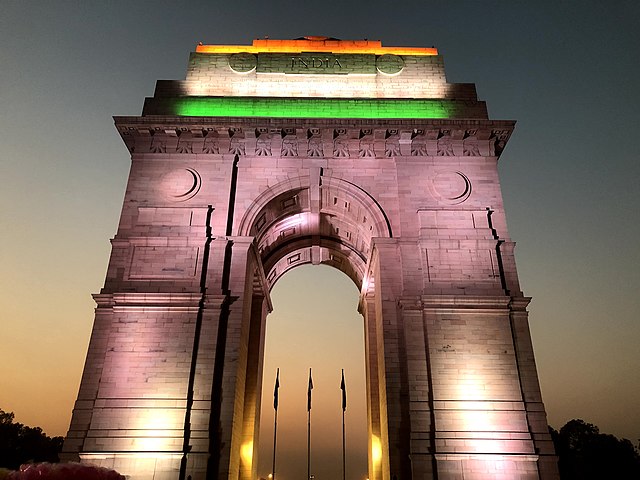
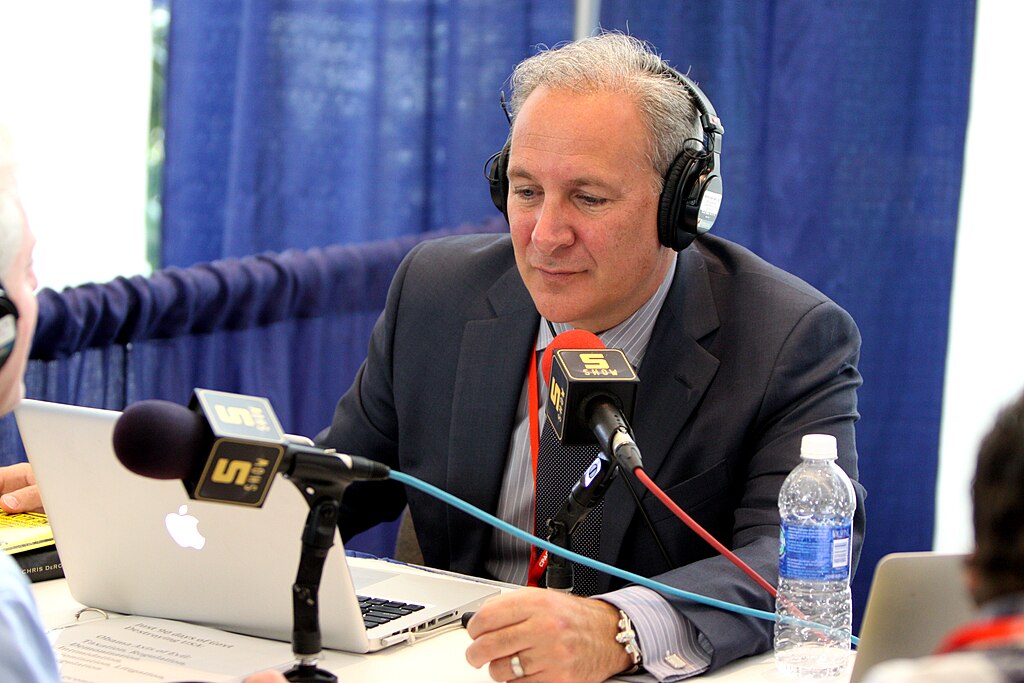





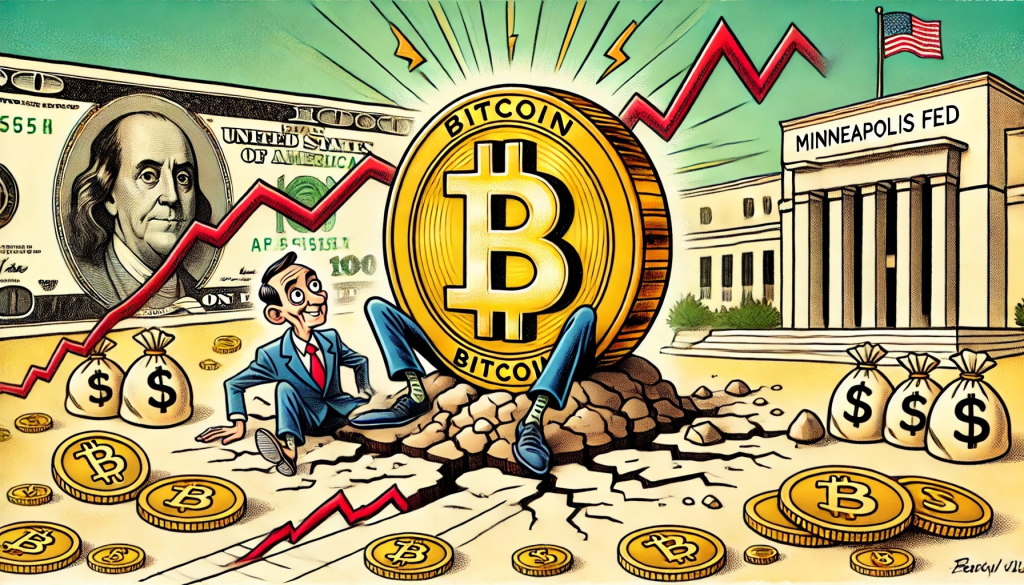



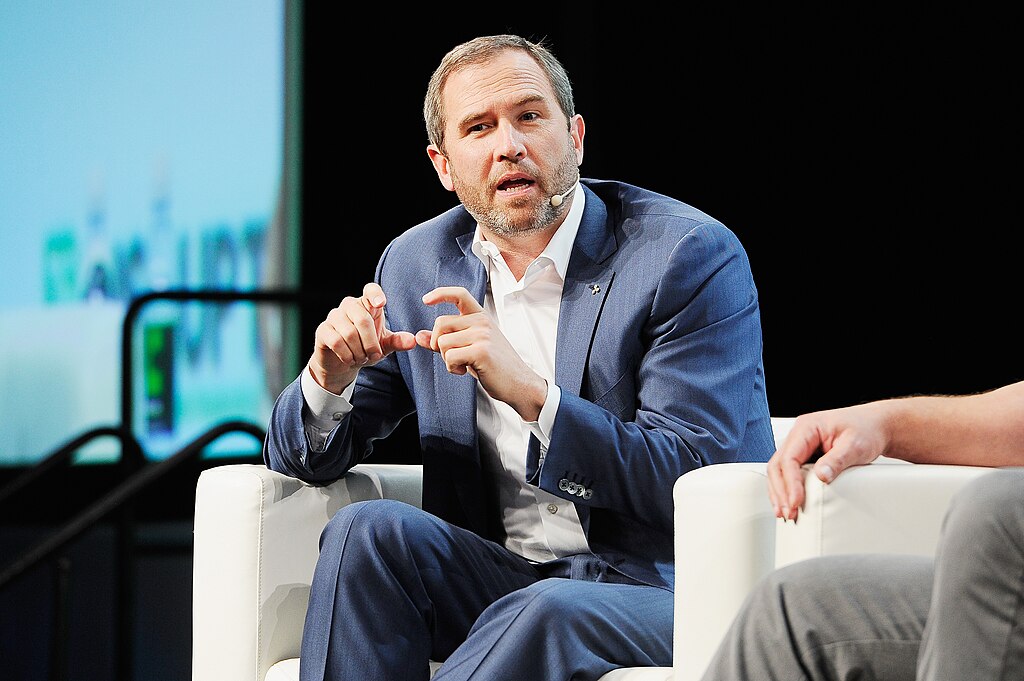




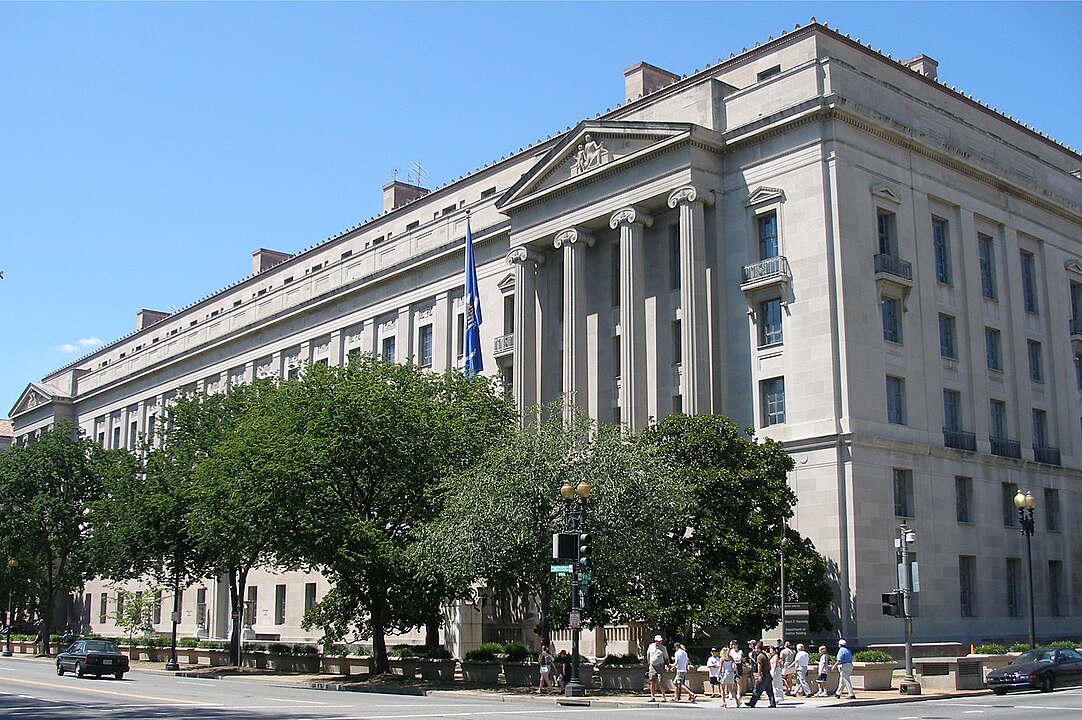




Comment 0